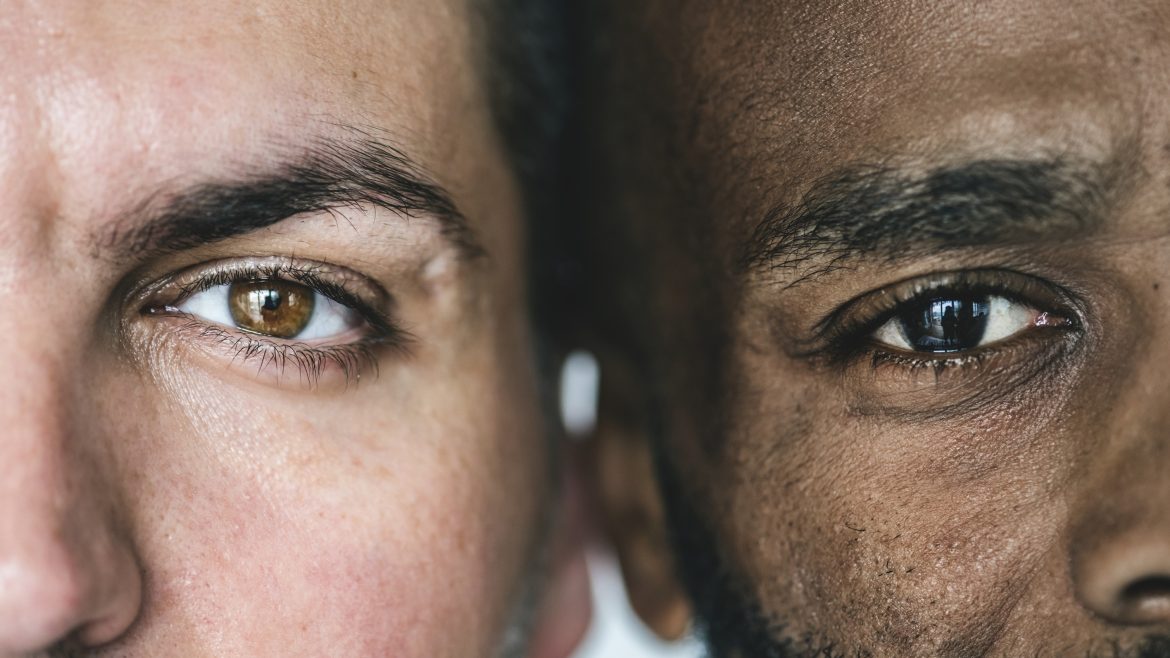Studies have consistently shown that our happiness, health, and longevity is directly related to the social connections that we have. We are more likely to live longer and in better mental health when we have people that we feel connected to – people that we can spend time with, laugh with, and make us feel like we’re part of a community. Many people find that that changes after retirement. Retirement is already a major life…
read moreLong Island Counseling Services Offers Counseling and Support for Those in the Medical Profession with High Stress Careers Most jobs are stressful. The very act of working – waking up every day, logging on or heading somewhere else to work for 8+ hours all while dealing with the needs of the profession all day can, perhaps unsurprisingly, cause a considerable amount of stress that takes its toll on our mental health. When we work in…
read moreIf you are reading this blog post, you’re probably familiar with the term “anxiety” or “depression.” You may have also heard of more specific conditions like “social anxiety disorder” or “bipolar disorder.” These all refer to diagnoses that a clinician may make. Much like any medical treatment, those in the field of psychology use diagnosis to drive treatment and define challenges. But do you NEED to have a diagnosis in order to get psychological care?…
read moreLearning to “Be Present” and Loving Life Free of Technology Phone addiction is a real addiction. While it may not “sound” as serious as alcohol or substance abuse, many people – from teens to adults – find that they are more depressed, less energetic, anxious, and unable to reach goals or have fulfilling relationships because of the dependency they have on their phones. Long Island Counseling Services has therapists that can help with not only…
read moreIntegrative Approaches to Enhancing Emotional Regulation and Recovery Dialectical Behavior Therapy (DBT) has emerged as a significant therapeutic approach for managing and treating eating disorders, offering a structured pathway towards emotional regulation, distress tolerance, and improved interpersonal relationships. Recognized for its efficacy in addressing a broad spectrum of mental health challenges, DBT’s application to eating disorders focuses on the complex interplay between emotional dysregulation and maladaptive eating behaviors. This therapeutic model provides individuals with the…
read moreComplex Post-Traumatic Stress Disorder (Complex PTSD) emerges from prolonged exposure to traumatic circumstances, leading to significant emotional, psychological, and sometimes physical distress. This condition differs from PTSD, which might result from a single traumatic event, in that it stems from long-term trauma such as sustained abuse, prolonged conflict exposure, or continuous personal violations. The pervasive nature of this trauma can profoundly affect an individual’s mental health, manifesting in a variety of symptoms that can greatly…
read moreAt Long Island Counseling Services, we provide support for patients that are struggling with their mental health. This includes conditions like anorexia, bulimia, and binge eating. Typically, these have been referred to as “eating disorders.” But you may have noticed, if you’re searching for an eating disorder therapist, that the term that many are using now is “disordered eating.” So is disordered eating different from an eating disorder? Why are therapists using different terms? Difference…
read moreHappy New Year from our team here at Long Island Counseling Services! We hope that you’ve been able to reach goals and overcome challenges in 2023, and that – together – we can overcome challenges in 2024 and beyond. During this time of year, many of us are thinking about goals and resolutions. Even those of us that have given up on the general idea of “resolutions,” many of us still reflect back on the…
read moreWhen discussing binge eating, the conversation often veers towards the physical ramifications—weight gain, digestive issues, or the like. However, it’s crucial to shift the spotlight onto the emotional and psychological aspects of this eating disorder. While binge eating might manifest outwardly through excessive food consumption, it’s often the internal emotional turmoil that fuels this behavior in the first place. The Emotional Build-Up Before a Binge Before delving into the experience of binge eating itself, it’s…
read moreEating disorders have a wide variety of symptoms, causes, and difficulties. Bulimia is one of the most common forms of disordered eating. It involves periods of binge eating (excessive food consumption) followed by purging (typically vomiting or laxatives) that can lead to poor health, stress, anxiety, depression, and more. But therapy can help. Therapy with an experienced therapist or counselor can help patients with bulimia manage the symptoms and take better control over their eating…
read more- 1
- 2










